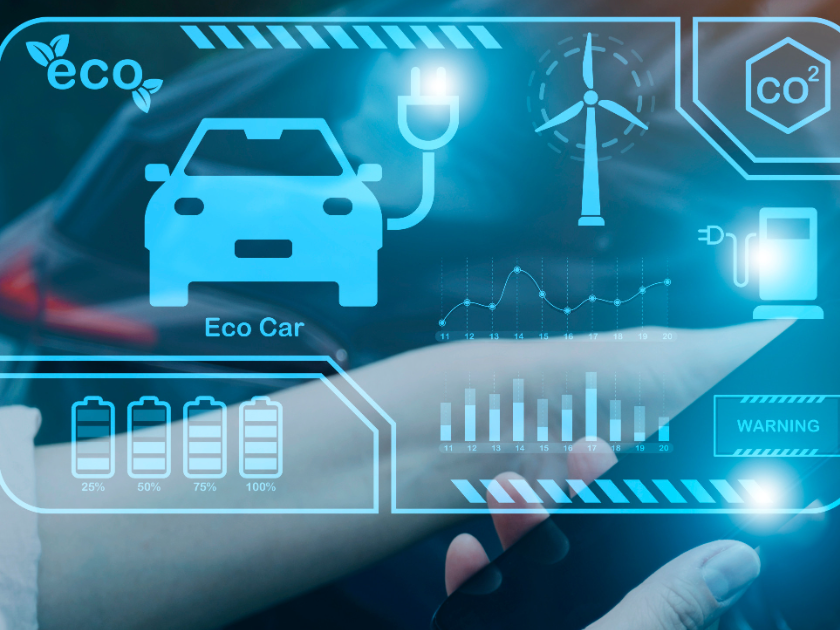
The rumble of thunder can already be heard!
In a panel entitled "Your Future is Now", Dean Leffingwell, Dr Mik Kersten, Donald Reinertsen and Gene Kim described what modern business leadership looks like today at the Global SAFe Summit in 2020.
Based on decades of experience with topics like Queuing Theory, Lean Flow and Deming's System Theory on the one hand, and the pronounced weakness of understanding WIP and burning people through context switching and setup times on the other, the question is what value the 20 million developers outside of Facebook, Amazon, Netflix, Google can create.
Here we see that top managers are ignoring the increasing importance of the Economics of Flow, while agilists are getting bogged down in the discussion about the right agile. I like to quote Dean Leffingwell, who said in 2023: "Perhaps it is more productive to focus on delivering a continuous flow of value than debate the question of whether. I, and my team are Agile or not?" On a meta-level, this describes the problem of many current transformations, especially in our German automotive industry.
It is not only this that is a wake-up call, but above all the way in which Tesla has managed to put this industry under pressure to an extent that many there did not think possible even 2-3 years ago and are still trying to ignore today.
Some of the building blocks of the movement should be mentioned here, but the essential effect is only achieved through the consistent combination:
- Tesla's vision statement: “to create the most compelling car company of the 21st century by driving the world's transition to electric vehicles.” - goes far beyond the company so that employees even celebrate a new electric car at Mercedes. - In Germany there is still a mentality “that it is good enough not to complain rather than to praise”.
- Tesla builds ecosystems not just cars.
- Consistent customer-oriented product marketing
- Daily increase in company-wide added value as the sum of all changes.
- Company-wide control KPI control in real time
- Systematically reduce bottlenecks in products, processes and management.
- High innovation rate of 100 changes/day
- No budget policy
- Mobs with WIP = 1
- MobAI for real-time optimization of employees in mobs
These aspects are now being used in more and more start-ups by former employees at Tesla, so that a bottom-up movement is establishing itself here that may well be able to drive many too-slow companies out of the market. So there will be disruptive changes not only in the automotive industry. The thunder can be heard clearly.


![[Translate to English:] [Translate to English:]](/fileadmin/_processed_/9/6/csm_etas-AdobeStock_900120821_a242a2d667.jpg)